Resolution No. 71-NQ/TW of the Politburo on breakthroughs in education and training development affirms a key task: “Ensuring full and comprehensive autonomy for higher education institutions and vocational education institutions regardless of the level of financial autonomy”. This is considered an important turning point, removing barriers in the current university autonomy mechanism, while opening up opportunities for fundamental innovation in the education governance model.
When autonomy is “identified” with finance
For many years, relevant legal documents have classified the level of autonomy of public service units based on their ability to ensure regular expenses. This has caused many universities to fall into a vicious circle: if they want to be given more authority, they must prove their ability to balance their finances; and to balance, they must increase their revenue, mainly from tuition fees.
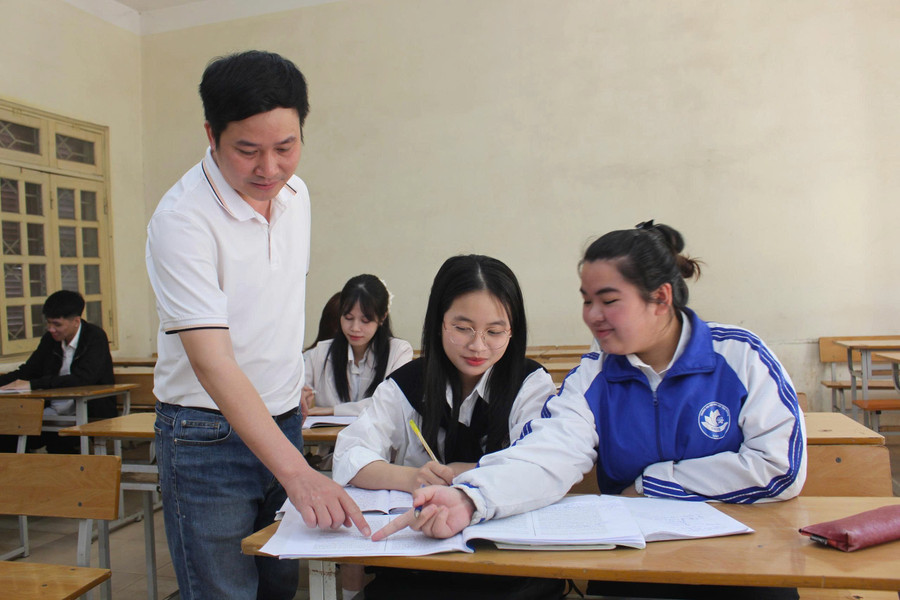
As a result, many schools are forced to find ways to open more “hot” majors to attract students, following the short-term needs of the labor market. Meanwhile, basic majors or specialized majors such as agriculture and forestry are gradually being narrowed due to their inability to generate large revenues. This imbalance unintentionally goes against the goal of comprehensive and sustainable development of national human resources.
On the other hand, linking autonomy to finance also puts great pressure on learners. Increasing tuition fees is inevitable, especially for schools that do not have many sources of income outside the budget. This affects the access to education of poor students, especially in remote areas. Many local schools themselves, despite great efforts, still cannot meet the criteria of autonomy according to "financial standards" and are considered "not capable enough".
The core spirit of Resolution 71-NQ/TW is: autonomy is not just financial. The nature of university and vocational education autonomy must be viewed multidimensionally, covering areas from academics, organization, personnel, administration to social accountability.
This means that a university, college, or vocational training institution may not be able to cover its regular expenses, but if it has strong academic capacity, a high-quality teaching staff, a modern governance model, and transparent accountability, it can still be recognized as a school with high autonomy. On the contrary, if it only relies on the ability to "take care of its own finances" without improving the quality of training and research, it cannot be called truly autonomous.
Associate Professor Dr. Phung Trung Nghia, Rector of the University of Information Technology and Communications (Thai Nguyen University) said: The Politburo's affirmation that autonomy does not depend on the level of financial autonomy is the key to opening the door to innovation. Schools can now focus more on academics, research and international cooperation.
Need multidimensional criteria
One question is: If not based on finance, what criteria should be used to assess the level of autonomy? Experts say that it is necessary to develop a multidimensional set of criteria, including: Academic capacity and reputation (number of research works, citations, international cooperation); Training quality (student employment rate, level of business satisfaction); Management effectiveness (transparency, ability to mobilize resources, human resource management); Level of community engagement and social responsibility; Ability to integrate internationally and academic brand.
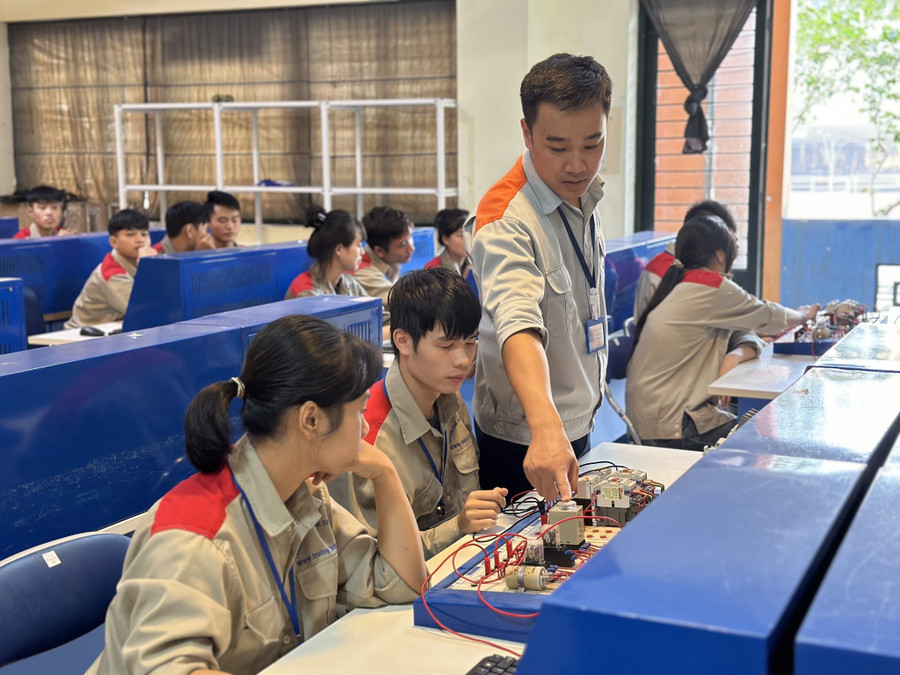
“The University of Information and Communications Technology is oriented towards digital technology development. We realize that assessing the capacity to train digital human resources, cooperate with businesses and implement innovative models will reflect comprehensive autonomy more realistically than relying solely on financial figures,” said Associate Professor, Dr. Phung Trung Nghia.
In particular, this set of criteria needs to be applied flexibly, taking into account the specific characteristics of the industry and region. Colonel, Dr. Pham Van Hoa, Principal of Vocational College No. 1 - Ministry of National Defense, expressed his opinion: Some universities, colleges, and vocational training facilities in mountainous areas, serving the training of ethnic minorities, may not meet financial standards, but are very necessary for regional development. Therefore, the assessment of autonomy must be comprehensive, fair, and humane.
It can be affirmed that Resolution 71-NQ/TW has promptly removed the long-standing “bottleneck” in university and vocational education autonomy. This is the foundation for university and vocational education to break through, integrate and affirm its position in the region as well as in the world.
Source: https://giaoducthoidai.vn/ky-vong-but-pha-tu-tu-chu-toan-dien-giao-duc-dai-hoc-nghe-nghiep-post747806.html





![[Photo] General Secretary To Lam chairs the Politburo's working session with the Standing Committee of the National Assembly Party Committee](https://vphoto.vietnam.vn/thumb/1200x675/vietnam/resource/IMAGE/2025/9/11/e2033912ce7a4251baba705afb4d413c)

![[Ảnh] Chủ tịch nước Lương Cường tiếp Bộ trưởng Quốc phòng Thổ Nhĩ Kỳ Yasar Guler](https://vphoto.vietnam.vn/thumb/1200x675/vietnam/resource/IMAGE/2025/9/11/7f1882ca40ac40118f3c417c802a80da)



























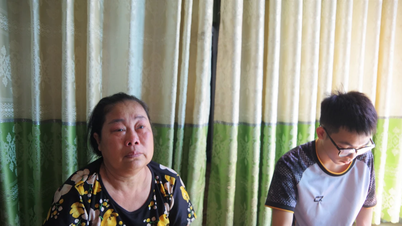
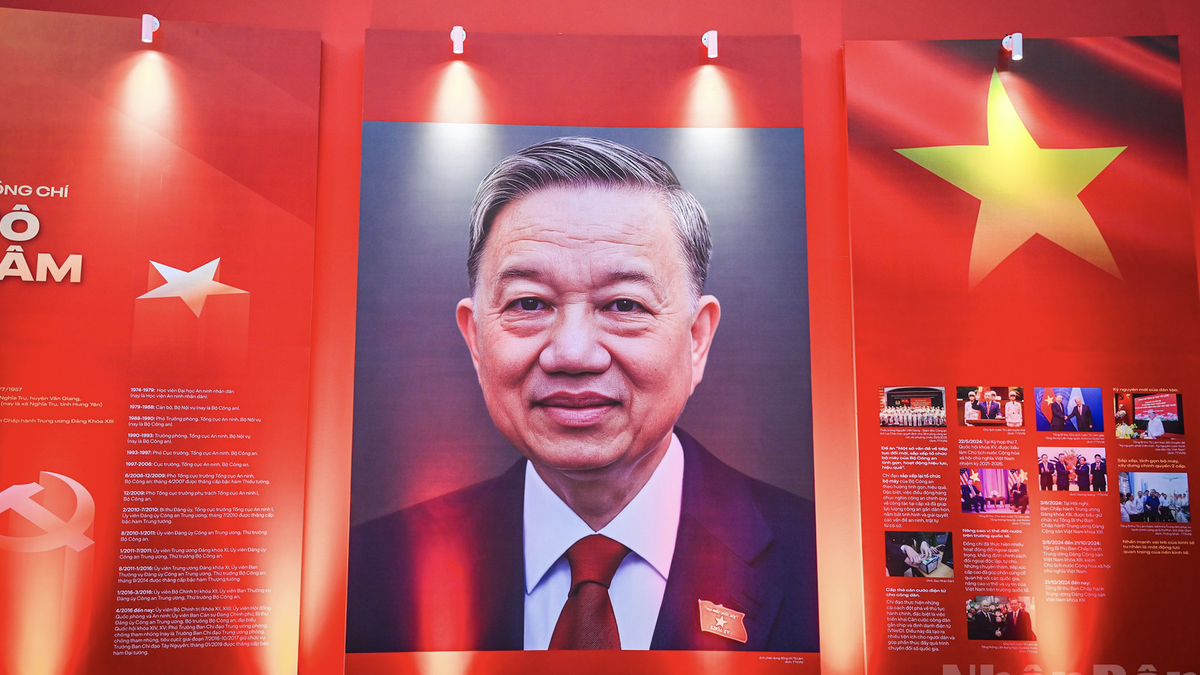



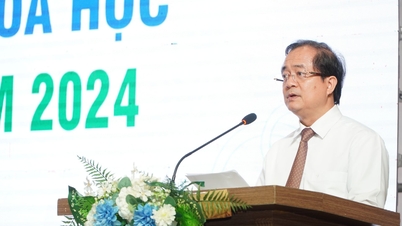















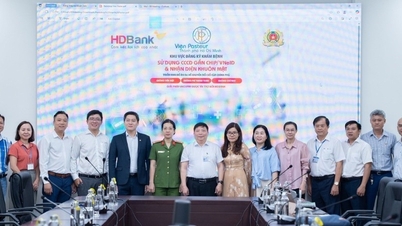

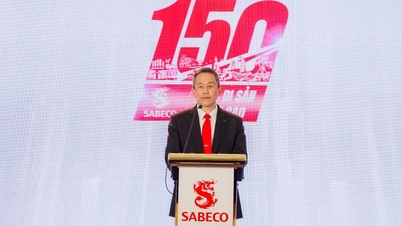

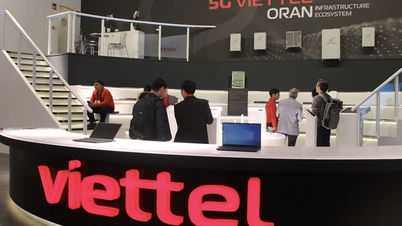


















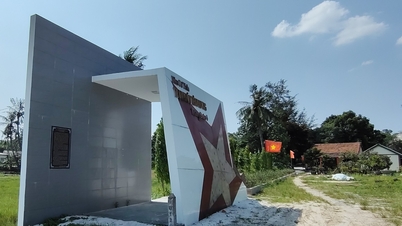






















Comment (0)